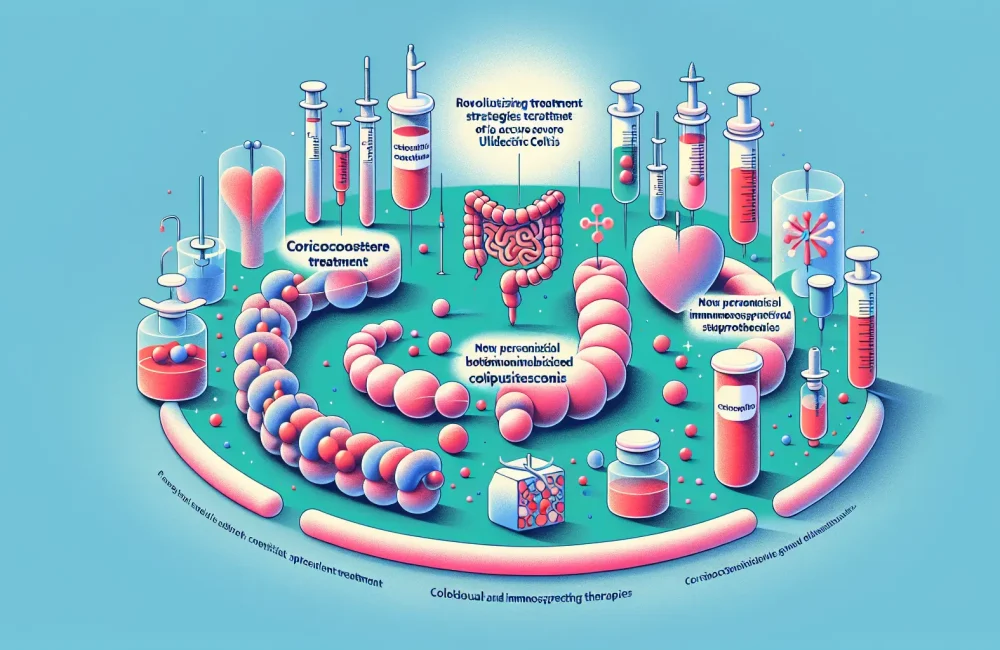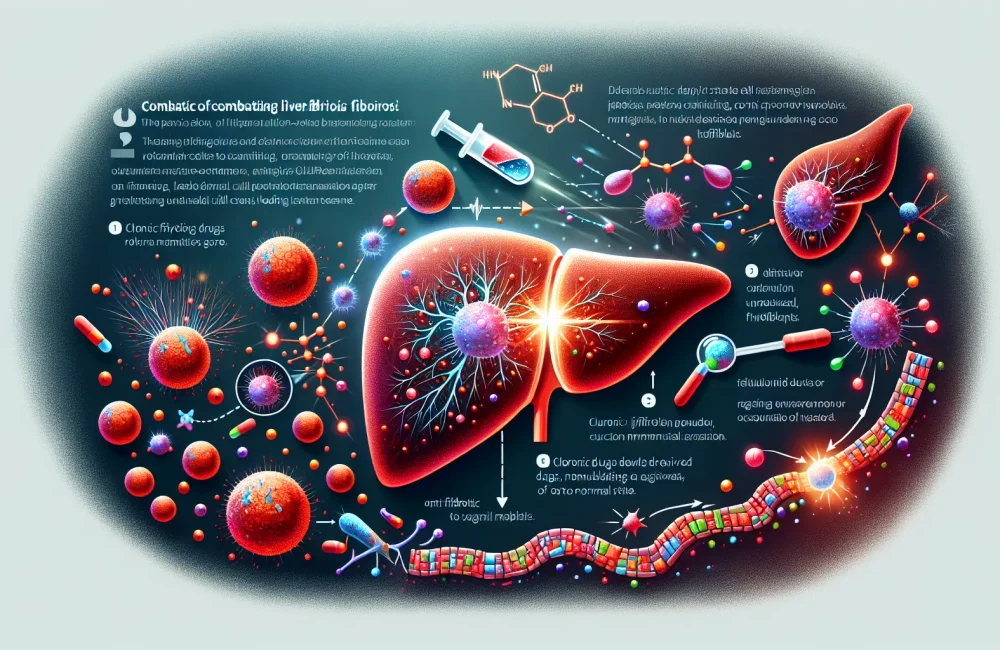By CAFMI AI From Gut
Innovative Advances in GI Disease Understanding and Management
Recent breakthroughs in gastroenterology research have deepened our understanding of gastrointestinal (GI) diseases, highlighting crucial pathophysiological mechanisms that could change how clinicians diagnose and treat these conditions. Key studies have elucidated novel pathways involved in the development of common and complex GI disorders, including inflammatory bowel disease (IBD), irritable bowel syndrome (IBS), and gastrointestinal cancers. Understanding these mechanisms allows for more targeted therapeutic strategies that can potentially improve patient outcomes. For example, research on the gut microbiome’s role in GI health and disease continues to underscore its importance as a modulatory factor in immune response and inflammation. Such findings suggest microbiome-targeted therapies as promising adjuncts or alternatives to conventional treatments, especially in difficult-to-treat cases. These insights also reinforce the importance of personalized medicine approaches in gastroenterology.
Key Clinical Updates: Diagnostics, Therapeutics, and Endoscopic Innovations
In parallel with pathophysiological insights, there have been significant advancements in diagnostic tools and treatment modalities for GI diseases. Endoscopy, a cornerstone of GI evaluation, has seen innovations that enhance diagnostic accuracy and therapeutic intervention capabilities. New endoscopic imaging techniques and devices allow for the detection of subtle mucosal changes that were previously difficult to identify, which is pivotal for early diagnosis and management of complex diseases such as dysplasia in Barrett’s esophagus or early-stage gastrointestinal cancers. Therapeutically, recent clinical trials have evaluated novel pharmacologic agents with improved efficacy and safety profiles for conditions like Crohn’s disease and ulcerative colitis, emphasizing biologics and small molecule therapies. These developments have direct clinical implications, enabling gastroenterologists to select more effective, tailored treatments, reduce adverse effects, and ultimately improve patient quality of life.
Implications for Clinical Practice and Future Directions in Gastroenterology
The integration of these research advancements into clinical practice calls for updated guidelines and awareness among U.S.-based healthcare professionals. It remains essential for primary care providers and specialists alike to stay informed about evolving diagnostic criteria and treatment options to optimize patient care. Continued education on emerging therapies and endoscopic techniques should be prioritized within clinical workflows to ensure timely referral and appropriate management. Furthermore, the extensive work on the GI microbiome suggests new avenues for patient counseling on diet and lifestyle modifications that can complement medical treatment. Looking ahead, ongoing research and clinical trials are expected to further refine personalized approaches in gastroenterology, necessitating adaptability among clinicians to incorporate new evidence rapidly. Understanding the limitations of current studies, such as sample size and generalizability, is crucial when interpreting findings and applying them in practice to safeguard patient safety and enhance therapeutic outcomes.
Read The Original Publication Here






